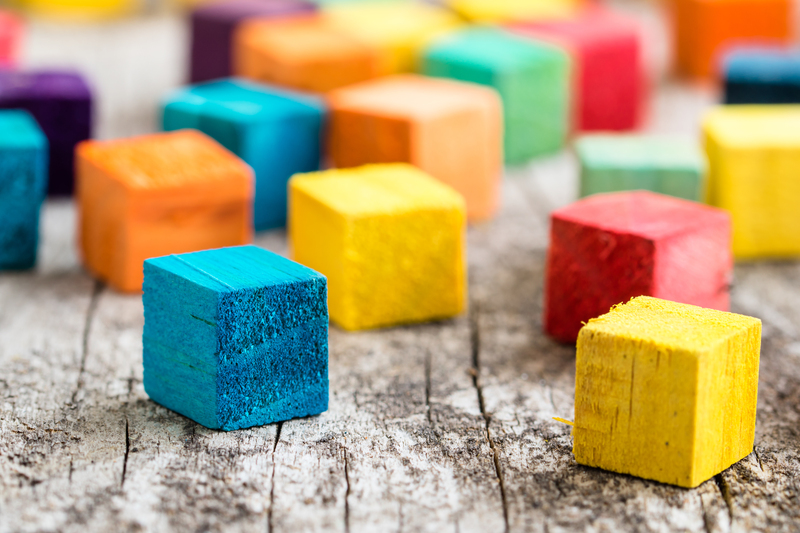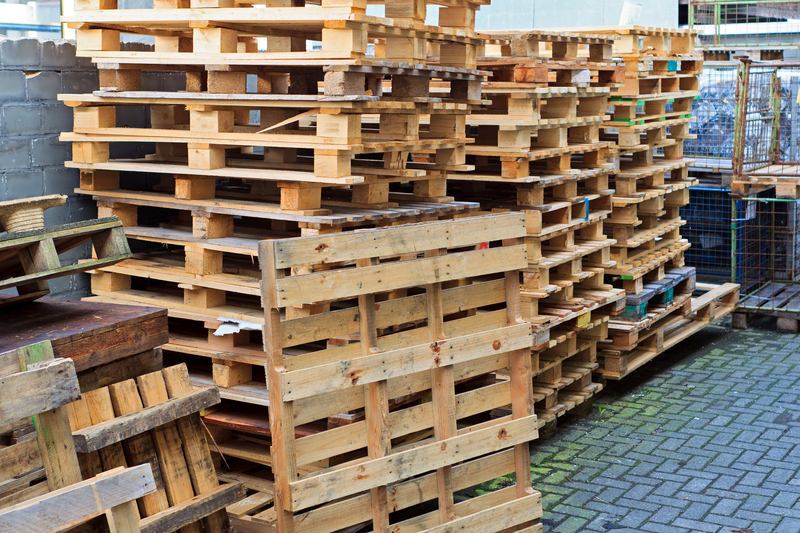Home Recycling Practices Made Easy
Recycling is a vital component of sustainable living. By minimizing waste and conserving natural resources, recycling helps mitigate the negative impacts of human activity on the environment. Home recycling practices are an accessible way for individuals and families to contribute to these global efforts. In this article, we will explore practical and easy ways to incorporate recycling into your daily routine.
Understanding the Basics of Recycling
To get started with home recycling, it is crucial to understand the basics. Most communities offer recycling programs that accept a variety of materials such as paper, cardboard, glass, metals, and certain plastics. By familiarizing yourself with the specific items accepted by your local recycling program, you can ensure that your efforts are effective and efficient.

Setting Up a Home Recycling System
Creating a convenient and organized recycling system at home is the key to making the practice a habit. Start by designating a central location in your home for recyclable materials. This might be a corner of your kitchen, laundry room, or garage. Provide clearly labeled bins for different types of recyclable materials to prevent contamination and make sorting easier.
Tips for Properly Sorting Recyclables
Proper sorting is essential for the recycling process. Contaminated recyclables can lead to entire batches being rejected and sent to landfill. Here are some tips to help you sort recyclables correctly:
- Clean Items: Rinse out containers and remove food residue to prevent contamination.
- Separate Paper and Cardboard: Keep paper products dry and free from grease or oils.
- Sort Plastics by Number: Check the recycling symbol on plastics to determine their category, and separate them accordingly.
- Remove Non-Recyclable Attachments: Take off lids, caps, and any non-recyclable components from containers.
Common Household Items to Recycle
Many everyday items are recyclable. Here is a list of common household materials that you should add to your recycling efforts:
- Paper Materials: Newspapers, magazines, office paper, and junk mail.
- Cardboard: Boxes, packaging, and cardboard inserts.
- Glass: Bottles, jars, and other glass containers.
- Metals: Aluminum cans, tin cans, and metal lids.
- Plastics: Bottles, containers, and packaging labeled with recycling symbols.
Reducing and Reusing Before Recycling
While recycling is critical, reducing waste and reusing items can have an even greater impact on the environment. Consider implementing these practices:
- Buy in Bulk: Purchasing items in bulk reduces packaging waste.
- Use Reusable Bags: Carry reusable shopping bags to reduce plastic bag waste.
- Opt for Refillable Containers: Choose refillable water bottles and containers over single-use options.
- Repair and Repurpose: Fix broken items and find new uses for household goods instead of discarding them.
- Compost: Create a compost pile for organic waste like food scraps and yard trimmings.
Electronic Waste Disposal
Electronic waste, or e-waste, is a growing concern. Items such as old computers, cell phones, and batteries contain hazardous materials and should not be disposed of with regular trash. Many communities offer e-waste recycling programs or special collection events for these items. Be sure to follow proper disposal guidelines to prevent environmental contamination.
Community Involvement and Education
Engaging with your community is an excellent way to bolster recycling efforts. Share your knowledge and encourage neighbors and friends to join in. Participate in local cleanup events, and advocate for improved recycling facilities and policies. Educating others about the benefits and importance of recycling can have a significant ripple effect.
Recycling Myths Debunked
Several misconceptions about recycling persist. Let's debunk a few common myths:
- Recycling Uses More Energy Than It Saves: Recycling often requires less energy than manufacturing new products from raw materials.
- All Plastics Are Recyclable: Not all plastics are recyclable in every community program. Always check local guidelines.
- Recycled Products Are Inferior: Many products made from recycled materials are of the same quality as those made from new materials.
- One Person's Effort Doesn't Make a Difference: Individual efforts collectively have a substantial environmental impact.

Innovative Recycling Initiatives
Innovation is continually advancing recycling processes. Some promising developments include:
- Biodegradable Plastics: Scientists are developing plastics that break down more quickly and safely in the environment.
- Advanced Sorting Technologies: Improved recycling facilities use automation and AI to better sort and process recyclables.
- Upcycling: Creative reuse of materials transforms waste into new, value-added products.
Conclusion
Easy home recycling practices can significantly contribute to environmental sustainability. By understanding the basics, setting up an efficient system, properly sorting materials, and reducing waste, we can all play a part in protecting our planet. Engaging with our communities and staying informed about innovative recycling technologies further amplifies our impact. Remember, every small action counts, and together, we can foster a healthier and more sustainable world for future generations.


